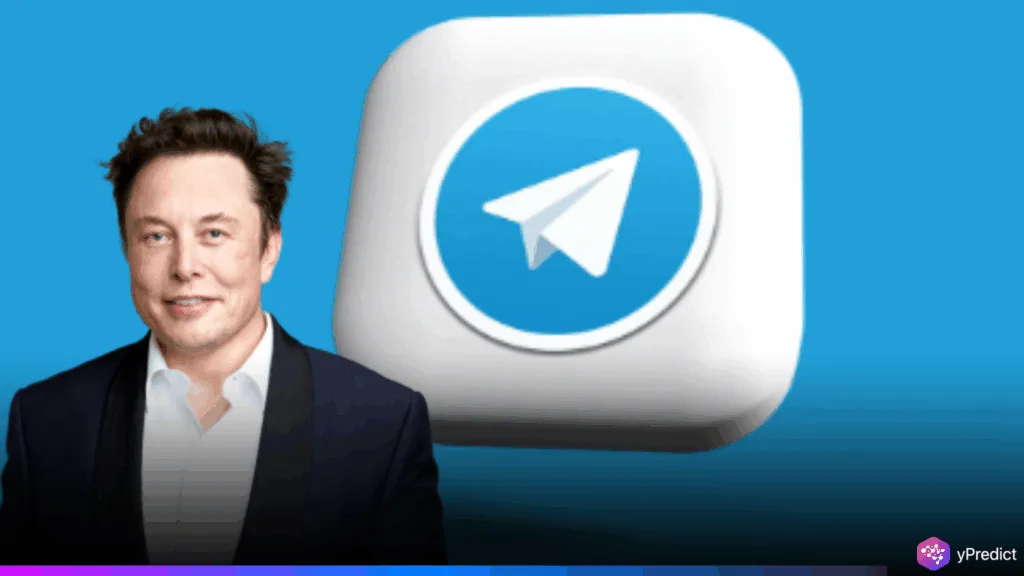
A major AI partnership between Telegram and xAI may be unraveling before it even begins. Telegram CEO Pavel Durov claimed a $300 million deal had been reached to embed xAI’s Grok chatbot across the platform’s apps. He announced the agreement publicly on X, stating it included cash, equity, and revenue sharing. However, Elon Musk quickly denied that the deal had been finalized, replying bluntly, “No deal has been signed.” The conflicting statements have stirred confusion in the tech world and raised questions about Durov’s premature disclosure. The incident underscores the risks of announcing sensitive business arrangements before legal confirmation.
What Telegram Claimed, And Why It Matters
Telegram CEO Durov’s original post detailed what he described as a transformative agreement with xAI. Under the proposed terms, xAI would pay $300 million in a mix of cash and equity. Telegram would also receive 50% of Grok subscription revenue generated through its apps. The partnership was expected to last one year and boost Telegram’s financial standing. The announcement coincided with Telegram’s reported plans to raise $1.5 billion via bond issuance.
Yet Elon Musk swiftly shut down the fanfare, denying any signed deal existed. His denial not only contradicts Durov’s claim but also puts the brakes on a major AI integration effort. Telegram, like competitors WhatsApp, iMessage, and WeChat, is racing to embed smart assistants into its platform. Durov positioned the Grok integration as a leap forward in that race.
Grok 3, the latest model from xAI, is a powerful multimodal chatbot trained using one of the world’s largest GPU infrastructures. Its ability to handle massive context windows makes it competitive with leading models like GPT-4o and Claude 3.5. However, without a signed contract, the future of Grok on Telegram is uncertain. The episode suggests Telegram may have moved too fast in trying to lock in a deal.
Grok 3’s Technical Capabilities, Million-Token Context & Competitive AI Performance
Grok 3 has garnered praise for its performance in reasoning, science, and large-scale context handling. Built on xAI’s Colossus infrastructure with over 100,000 NVIDIA H100 GPUs, it rivals top models in the space. Grok can process one million tokens at once, enabling it to tackle complex documents or interactions far beyond standard limits. Despite its strengths, Grok has also faced controversy. Earlier this month, users reported odd responses referencing conspiracy theories. These missteps have sparked debate about the model’s readiness for broader deployment. If Telegram were to integrate Grok at scale, it would need robust safety controls to avoid reputational risk.
Adding to the complexity, Durov’s legal situation remains unresolved. Arrested in France in 2024 for allegedly allowing Telegram to be used in criminal activity, he is currently barred from international travel without court approval. The company reversed its prior anti-surveillance stance after his arrest, now providing user data to authorities under legal request. Musk’s distancing may reflect more than contract uncertainty, it may also signal concern about Telegram’s stability and legal baggage. Without a clear agreement, the Grok-Telegram partnership remains speculative and fraught with potential hurdles.
Musk vs. Durov, How Leadership Clashes Derail Tech Deals?
This clash between Telegram CEO Durov and Musk highlights how fragile AI deals can be in a high-stakes, fast-moving market. Messaging platforms are racing to deploy chatbots, and Telegram hoped to leap ahead with Grok. But the public dispute now threatens that edge. Musk’s denial reveals cracks in what seemed like a sealed partnership, while Durov’s insistence on a verbal “agreement in principle” shows the danger of overpromising. For now, the deal sits in limbo. Until contracts are signed, Telegram’s Grok integration is just talk. The AI race is real, but so are the risks of moving faster than the paperwork.





